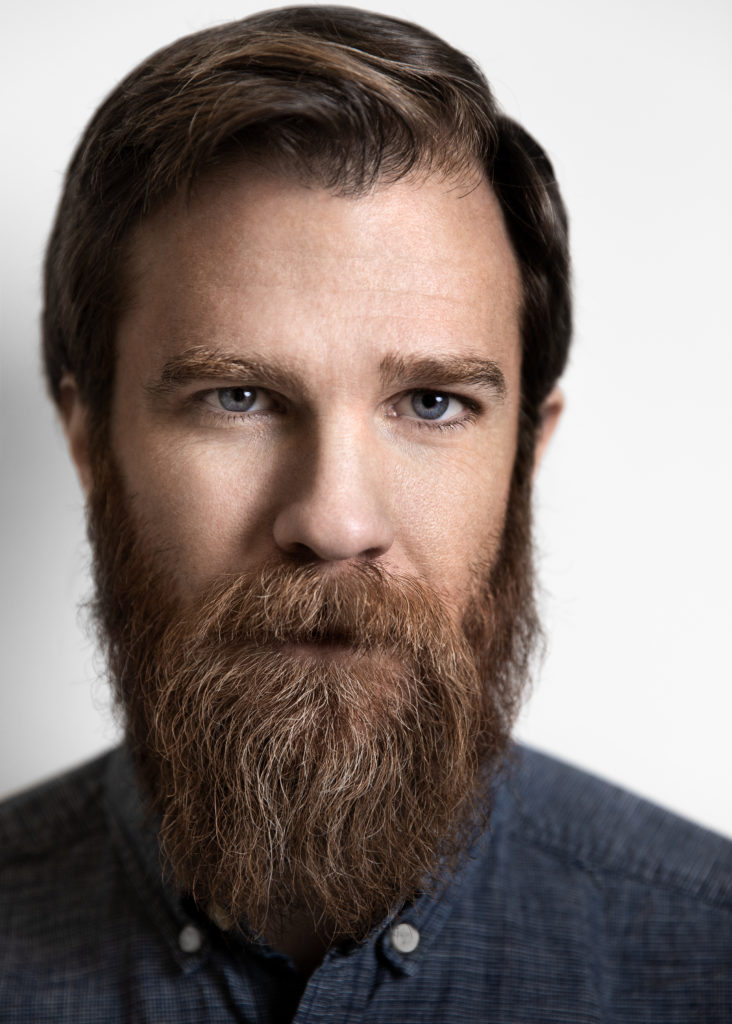By Jay Brown
On Dec. 9, Houston Police Chief Art Acevedo called for the Violence Against Women Act to be reauthorized. The law, originally passed with bipartisan support in 1994, bars abusers from owning firearms.
Two days earlier, one of his sergeants was killed while responding to a domestic disturbance. Directing his comments to Senators McConnell, Cornyn and Cruz, Acevedo said, “I don’t want to hear about how much they support law enforcement… who killed our sergeant? A boyfriend abusing his girlfriend.”
The House of Representatives passed a VAWA reauthorization bill months ago, but the NRA-opposed legislation stalled in the Republican-controlled Senate. It’s indicative of the hypocrisy of some lawmakers, who proclaim they stand up for law enforcement, but then shrink when it comes to providing protections to keep officers safe.
The same people are often quick to attack anyone who questions any action by any member of the police, accusing them of hating cops. But wanting those who are entrusted with a great deal of authority to be held to the highest standards is not an act of hate.
There are debates to be had about how to police better and more effectively, in terms of protecting our communities, as well as how to serve them. Acknowledging that certain communities have different impressions of policing, based on their experiences, isn’t hateful.
No group should be generalized, but that cuts both ways. It is not right to say all members of a particular group are inherently bad, but it’s also wrong to say they are all infallible. If no cop ever violated police policy or the law, every police force wouldn’t have an internal affairs department. But they do, because there are instances when people in positions of authority do something wrong.
This view that citizens must never question law enforcement comes from above. The nation’s top lawman, Attorney General William Barr, said last week that, “They have to start showing… the respect and support that law enforcement deserves and if communities don’t give that support and respect, they might find themselves without the police protection they need.”
The protection that police officers provide is not something that is held over citizens’ heads in exchange for reverence. Or at least it shouldn’t be. Law enforcement officers serve and protect because they are professionals and that is their job.
Going even higher, to the president, we see this simplistic view of others in uniform: the military. In the past few weeks, President Trump has pardoned or granted clemency to three service members.
He intervened on behalf of Navy SEAL Eddie Gallagher who was acquitted of war crimes, but convicted of posing for photographs holding a dead teenage ISIS captive up by the hair. Fellow SEALs claimed he had stabbed the teen in the neck while medics tried to treat him.
Fellow SEAL snipers had also reported that Gallagher shot civilians, including two young girls and an elderly man. He was charged with threatening to kill those who reported him. Trump intervened on his behalf and ordered that the prosecutors in the case be punished.
Last month, Trump issued pardons to two soldiers charged with murdering civilians in unrelated cases. Again, members of their own platoons testified against them, but the president declared, “We’re going to take care of our warriors and I will always stick up for our great fighters.”
Excusing terrible actions isn’t taking care of warriors or sticking up for great fighters, because these people are neither of those things. The great people are those who speak up, despite the danger it puts them in.
“Support the troops” is a catchy slogan, but if you take the side of a few soldiers who commit murder over many service members who report those crimes, while stripping food stamps from thousands of veterans struggling with food insecurity, who exactly are you supporting?
Calling someone a cop hater is an easy retort, but if you demand that nobody ever criticize the police because they only do great work, and then you declare police crime statistics showing they are doing a good job can’t be trusted, why should anyone trust anything you say?

 ADAMS FOR MAYOR: Eric Will Lift A Lamp “Beside The Golden Door”
ADAMS FOR MAYOR: Eric Will Lift A Lamp “Beside The Golden Door”  Opinions & Observations: Supporting the arts in challenging times
Opinions & Observations: Supporting the arts in challenging times